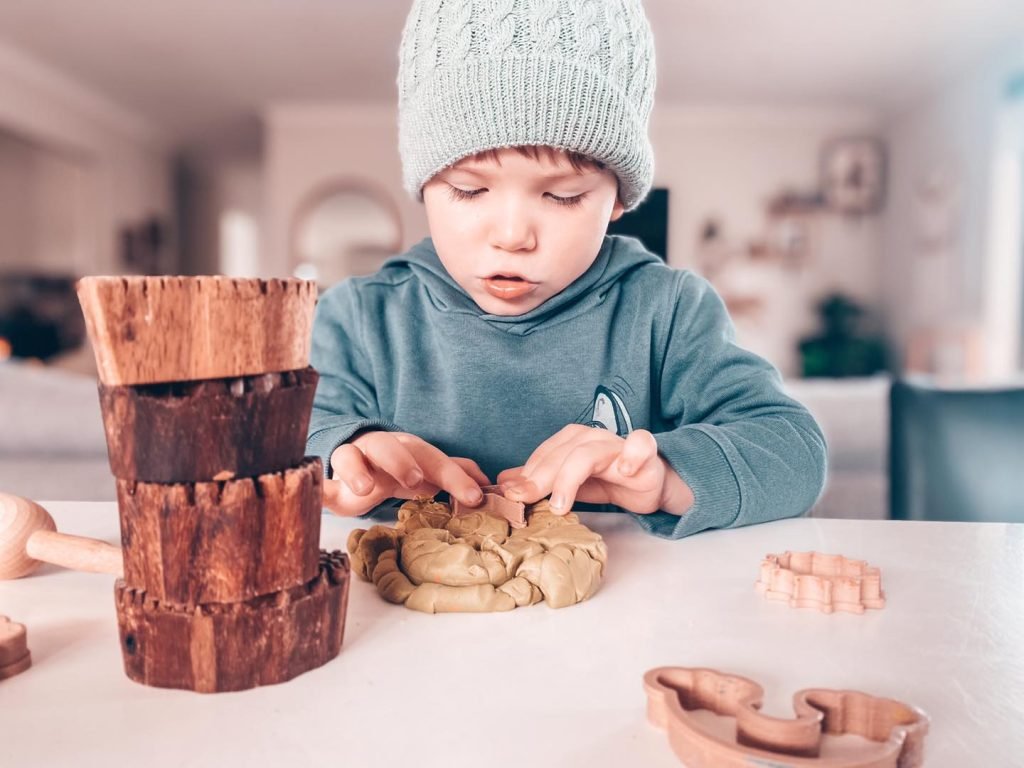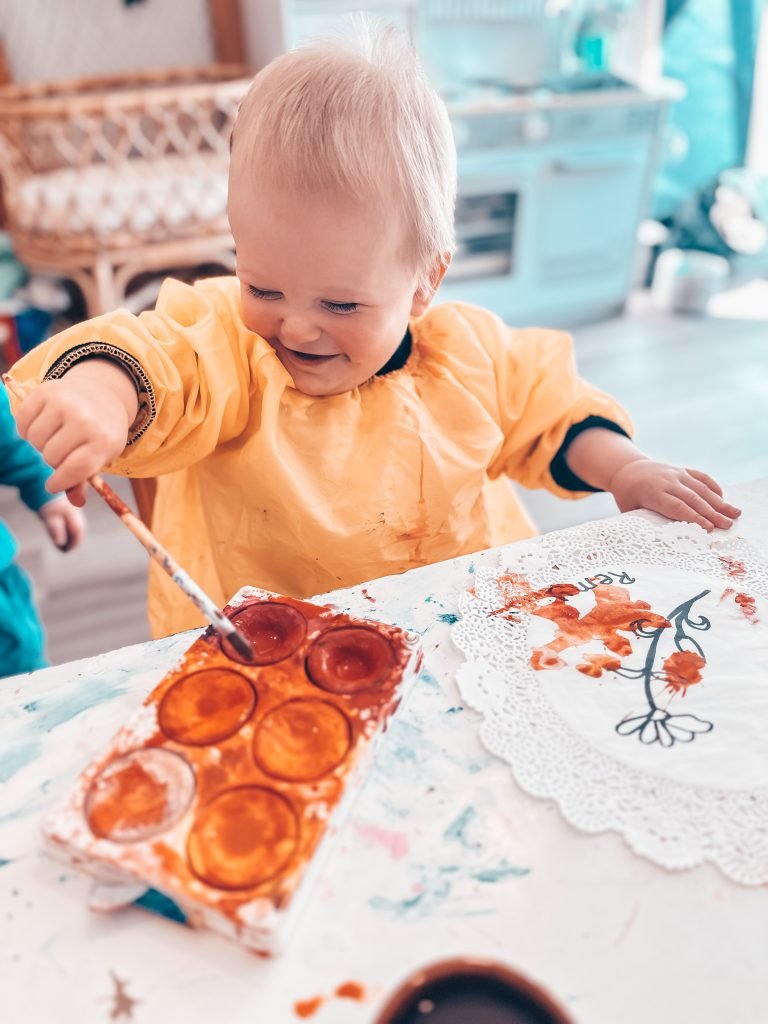Introduction
Preparing your child for their first day of care is a significant milestone, both for them and for you as a parent. It’s a moment filled with anticipation and, often, a touch of anxiety. But fear not, because we’re here to guide you through the process with these 10 essential steps that can help ease your child’s anxiety and make their transition to daycare or child care a smoother one.
In this article, we’ll explore each of these steps in detail, offering practical tips and insights to ensure your child feels comfortable, confident, and ready to embark on this new adventure. From open conversations about what to expect to create a familiar routine, we’ve got you covered. So, let’s dive in and make sure your child’s first day of care is a positive and memorable experience for both of you.
1. Talk about it
Start discussing the idea of going to daycare or child care with your child well in advance. Talk about the activities they will do, the friends they will make, and the fun they will have.
2. Visit the facility
Arrange a visit to a Beyond the Burrow care provider before the first day. Let your child explore the environment, meet the teacher, and familiarise themselves with the surroundings. This can help alleviate their anxiety by making the environment more familiar.
3. Establish a routine
Prior to starting care, establish a daily routine that will be similar to what they will experience at the care centre. This can include set meal times, nap times, and play times. By following a routine at home, your child will feel more comfortable with the structured schedule at daycare.
4. Pack familiar items
Allow your child to bring a comfort item from home, such as a favorite stuffed animal, blanket, or small toy. These familiar items can provide a sense of security and make them feel more at ease in the new environment.
5. Practice separation
Gradually introduce your child to the idea of being away from you by arranging shorter separations before their first day of care. Start with brief periods where they stay with a trusted family member or friend, and gradually increase the duration over time. This can help them develop a sense of independence and build confidence in being away from you.
6. Meet other children
If possible, arrange playdates or social gatherings with other children who will be attending the same daycare or childcare centre. This will give your child an opportunity to make some friends before their first day, which can make the transition easier.
7. Read books about starting daycare
There are many children’s books available that talk about starting daycare or preschool. Reading these books together can help your child understand that their experience is common and reassure them that many other children go through the same process.
8. Communicate with the caregivers
Share any important information about your child’s routines, likes, dislikes, and any special needs or requirements with the caregivers at the daycare. Building a strong line of communication with the caregivers will help them better understand and support your child’s needs.
9. Remain positive and reassuring
It’s essential to maintain a positive and reassuring attitude when discussing daycare or child care with your child. Emphasise the fun and exciting aspects of the experience, and let them know that you trust the caregivers and believe they will have a great time.
10. Stay calm during drop-offs
On the first day, try to remain calm and composed during drop-offs. Children can pick up on their parents’ emotions, so if you appear anxious or worried, it may increase their anxiety. Keep the drop-offs brief and consistent, and reassure your child that you will be back to pick them up later.
Conclusion
In conclusion, the journey of preparing your child for their first day of care is an important one that requires patience, understanding, and a whole lot of love. By following these 10 steps, you’re not just helping them adjust to a new environment, but you’re also nurturing their growth, independence, and social skills.
Remember, every child is unique, and their adjustment period may vary. It’s perfectly normal for some children to take a little more time to settle in. The key is to provide a supportive and reassuring presence throughout the process.
As you watch your child flourish and form new friendships in their care setting, you’ll likely look back on their first day with a sense of pride and accomplishment. You’ve given them the tools they need to thrive in this new adventure, and together, you’ll navigate the exciting journey of early childhood education and development.
Thank you for joining us on this exploration of preparing your child for child care. We hope these tips have been valuable, and we wish you and your child all the best as you embark on this exciting chapter in your life.



